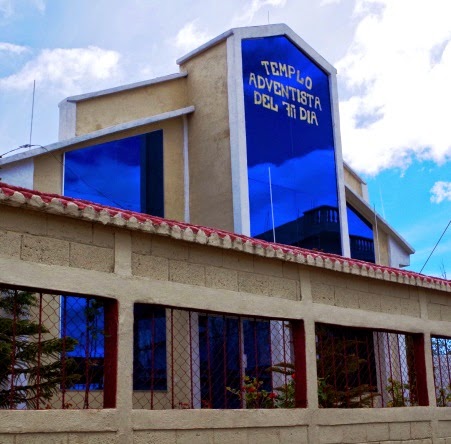“Everyone has been blessed with wonderful gifts; use them to
serve others." ~ 1 Peter 4:10
In Nome Alaska, children were
dying in January 1925. Infected with
diphtheria, they gasped for air and struggled to swallow. Every day brought a new case of the deadly
disease whose mortality rate was close to 100% without an antitoxin.
Nome’s only doctor feared an epidemic that could threaten
nearly 10,000 people, mostly children. He
immediately began immunizing villagers with an experimental but effective
anti-diphtheria serum. But it wasn’t
long before his supply ran out. The
nearest batch of life-saving medicine rested in Anchorage – 1,000 miles of
frozen wilderness away.
Nome’s ice-choked harbor made sea transport impossible, and
open-cockpit airplanes could not fly in Alaska’s subzero temperatures. With the nearest train station over 700 miles
away, canine power offered Nome its best hope for a speedy delivery.
 Amazingly, a group of trappers and prospectors volunteered
to cover the distance with their dog teams!
While sled dogs regularly beat these snowy trails to deliver mail, supplies
and food, even by Alaska standards, this trip would be particularly
treacherous.
Amazingly, a group of trappers and prospectors volunteered
to cover the distance with their dog teams!
While sled dogs regularly beat these snowy trails to deliver mail, supplies
and food, even by Alaska standards, this trip would be particularly
treacherous.
Temperatures hovered at 20-year lows, rarely climbing above
−40 °F. The path chosen was some of the
roughest, most dangerous terrain Mother Nature had to offer, throwing jagged
mountain ranges, frozen rivers, dense forests, desolate tundra and miles of
windswept coast at the “coureurs des bois” (runners of the woods).
More than 150 dogs and 20 drivers participated in the relay
from trading post to trapping station and beyond. Although every second was precious as the
number of confirmed cases in Nome mounted, mushers knew they needed to control their
speed. If their dogs ran too fast and
breathed too deeply in such frigid conditions, they could frost their lungs and
die of exposure.
With moonlight and even the northern lights illuminating the
dark winter days, teams raced at an average speed of six miles per hour oblivious
to frostbite, fatigue, and dehydration.
Finally after 144 hours against frigid winds, the serum reached Nome, cutting
the previous speed record nearly in half.
Unfortunately, four dogs died from exposure. But due the heroics of brave men and their
sled dogs, only one additional child’s life was lost to the deadly disease. Their sacrifice had given an entire town the
gift of life.
Every year in Alaska, a 1000-mile dogsled race, run for
prize money and prestige, commemorates an original “race” to save lives and
honor the mushers and their dogs. The
race begins in Anchorage and finishes in Nome.
Dogs pulling drivers and drivers leading dogs up treacherous climbs and
side hills, across glare ice during long hours of darkness and treacherous
climbs and side hills, and you have the Iditarod - a race only possible in
Alaska.
Father, allow me to give of myself, to give
of my talents and goods, my time and energy; my heart and my soul. Allow me to serve others as You serve - with
gentleness and compassion; never keeping score; never expecting to
receive. Amen




